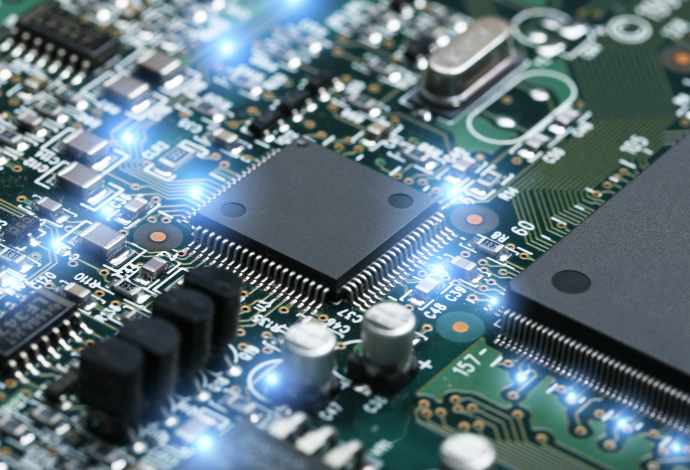Mining precious metals at home
04/10/2022
Did you know it is possible to get more gold from a tonne of smartphones and electronic (WEEE) waste than from a tonne of ore?

E-waste or WEEE waste stands for waste electrical and electronic equipment like smartphones, laptops, televisions and kitchen appliances. We all have these items at home, but did you know they contain precious metals, such as gold, silver, palladium and copper?
We need these metals to make new electronic goods and for years we’ve been depleting our planet’s resources through raw material mining, over-consumption and throwing our goods and appliances into landfill.
Europe is the second largest producer of e-waste in the world. 12.3 million tonnes of electronic equipment including batteries are thrown away - with 330,000 tonnes of copper and 31 tonnes of gold buried inside!
Extracting more precious metals from our plant is unsustainable. cobalt is in high demand as it’s used in the production of lithium-ion batteries which are used in electric cars and smartphones. The highest proportion of the world's cobalt supply comes from the Democratic Republic of the Congo, where the mining process can be linked to child labour and environmental damage.
Urban mining is the process of reusing precious metals. We are working hard with our metal recycling and processing customers to manufacture and supply metal recycling products in the UK that can extract very small metal fragments so they can be reused and repurposed rather than ending up in landfill www.blakertech.com
The facts and stats used in this article have been taken from an excellent article on the BBC News Future website where the argument for urban mining is backed with some hard-hitting evidence. You can read the article here: https://bbc.in/3rwhUNT


